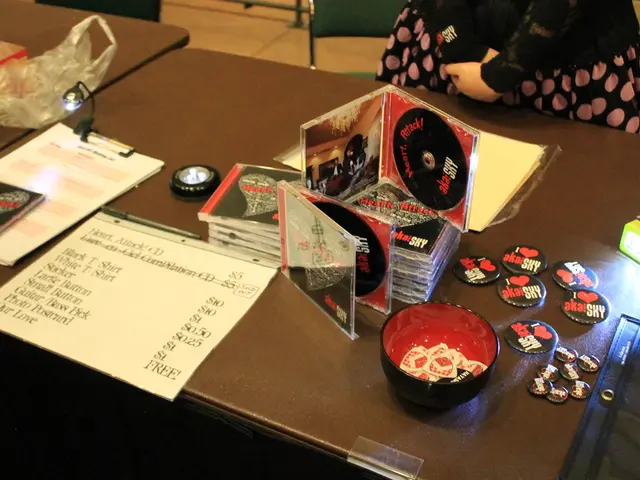Nokia Reported a Loss in Q1
Finnish telecommunications conglomerate Nokia faces a less optimistic future due to escalating US trade policies. The company recently reported a net loss of 60 million euros in its continuing business, a stark contrast to the 451 million euro profit it posted in the previous year. The revenue for the company shrank approximately 1 percent to 4.4 billion euros, as announced on Thursday. On a comparable basis, this equated to a 3 percent decline.
Experts anticipated this revenue fall on a group level, owing to the absence of a significant one-off deal in the Nokia Technologies licensing and patent division in the previous year. however, core business segments such as fixed and mobile network technology, and cloud services demonstrated substantial growth.
Operating profit plummeted by nearly three-quarters to 156 million euros, far less than analysts predicted. Nokia attributed this decline to increased expenses and a diminished gross margin caused by investments in long-term growth strategies. The company often accepts large orders at less favorable terms to guarantee long-term business deals.
Despite confirming its 2025 full-year outlook on Thursday, meeting the upper limit of the guidance range will now prove challenging for Nokia. The new CEO, Justin Hotard, aims for an adjusted operating profit ranging between 1.9 to 2.4 billion euros. However, the tariffs imposed by US President Donald Trump will already cost the company 20 to 30 million euros in the second quarter.
Tariffs have increased production costs for critical network equipment, including 5G Radio Access Network (RAN) equipment, and disrupted Nokia's supply chain. As a result, the company may need to adapt its procurement strategies, bear higher compliance costs, and potentially reconfigure its supply chain to mitigate the impact of tariffs. In order to maintain profitability, Nokia may also increase selling prices for network equipment and components, which could affect demand.
Nokia could offset these challenges by exploring strategic adjustments such as offloading supply to other regions if priced out of the US market, or focusing on diversifying its supply chain and investing in cutting-edge technologies like AI and automation to reduce reliance on tariffed components. The company might also seek new market opportunities in regions where tariffs do not significantly impact its operations, perhaps involving expansion partnerships or local manufacturing initiatives.
The economic and social policy changes triggered by the US tariffs are affecting Nokia's future, as these tariffs have increased production costs for critical network equipment and disrupted its supply chain, costing the company 20 to 30 million euros in the second quarter alone. In response, Nokia's business strategy may need to adapt, with potential adjustments including offloading supply to other regions, diversifying its supply chain, and investing in cutting-edge technologies like AI and automation to reduce reliance on tariffed components. This could involve exploring expansion partnerships or local manufacturing initiatives in regions where tariffs do not significantly impact its operations.








